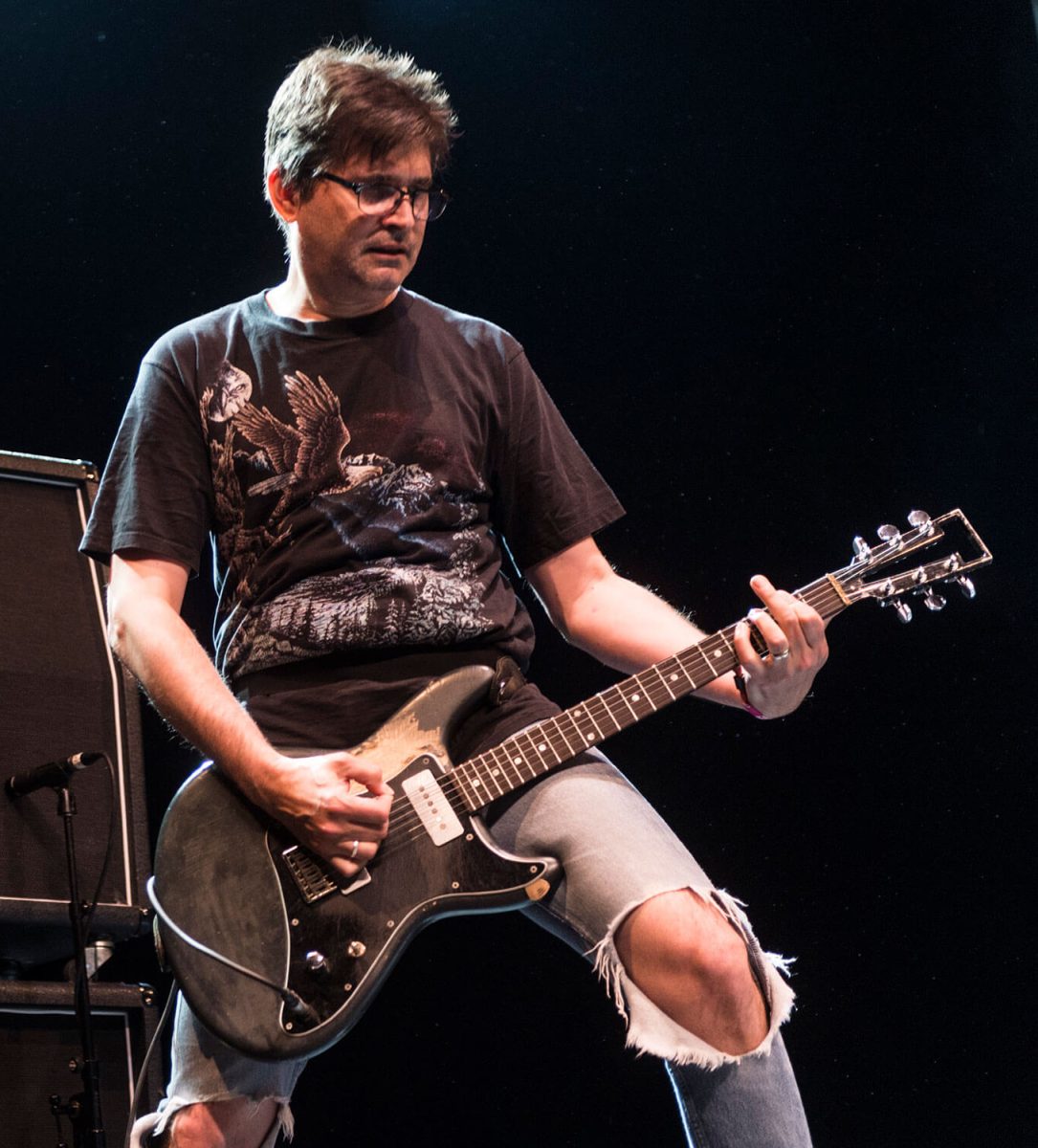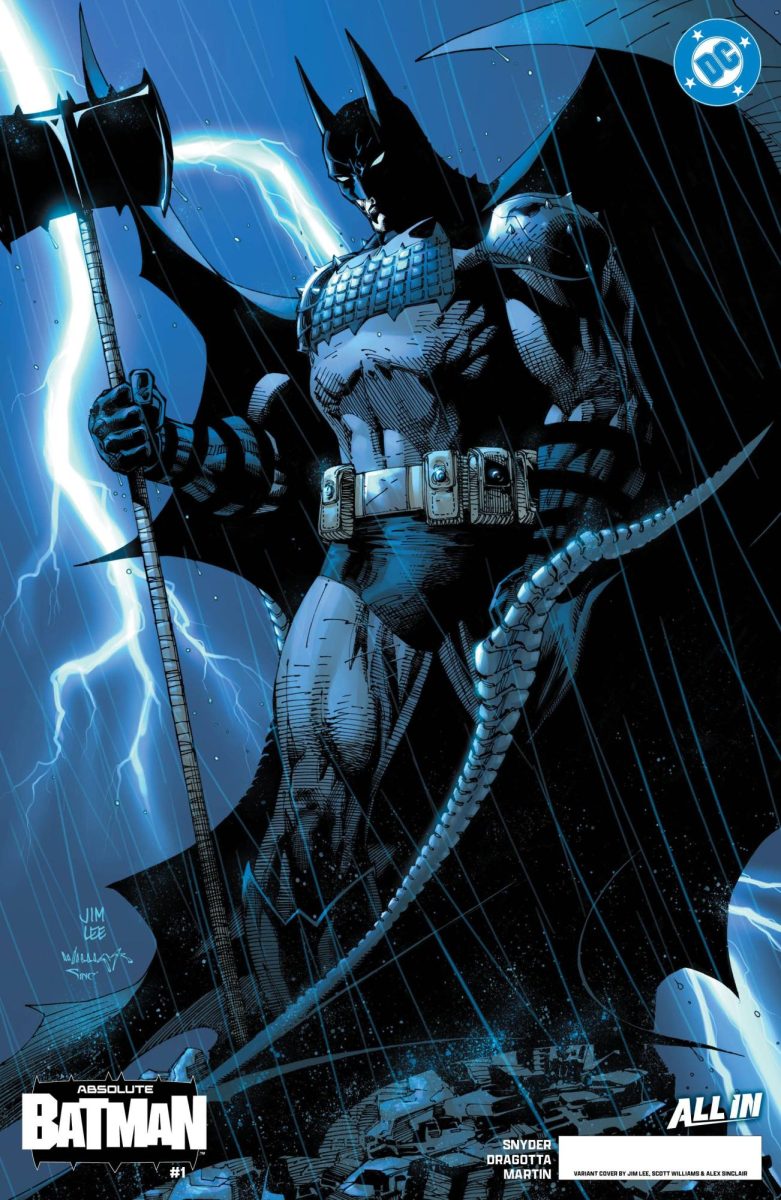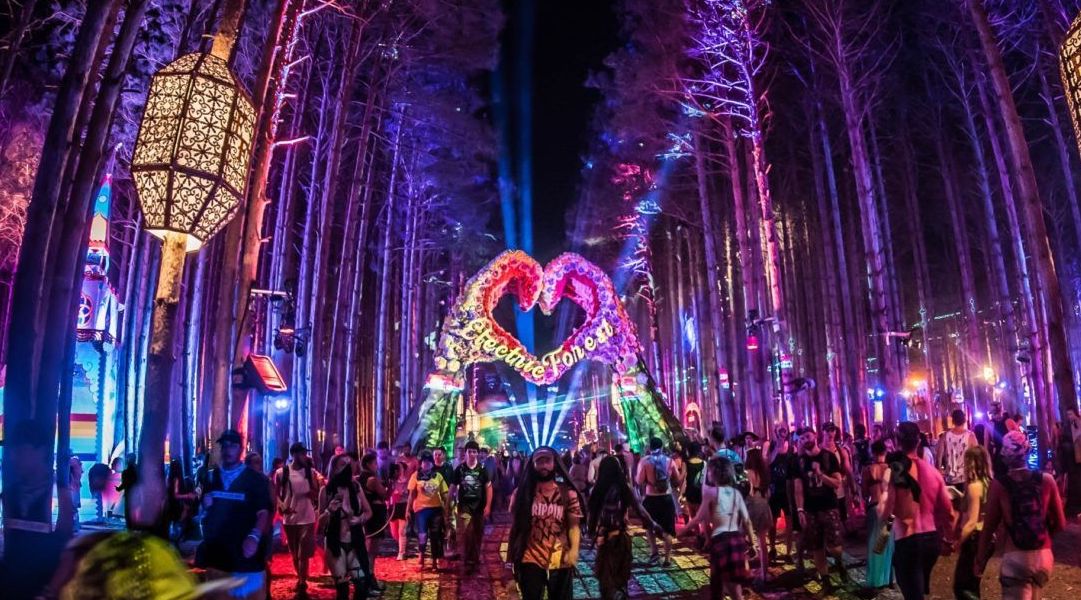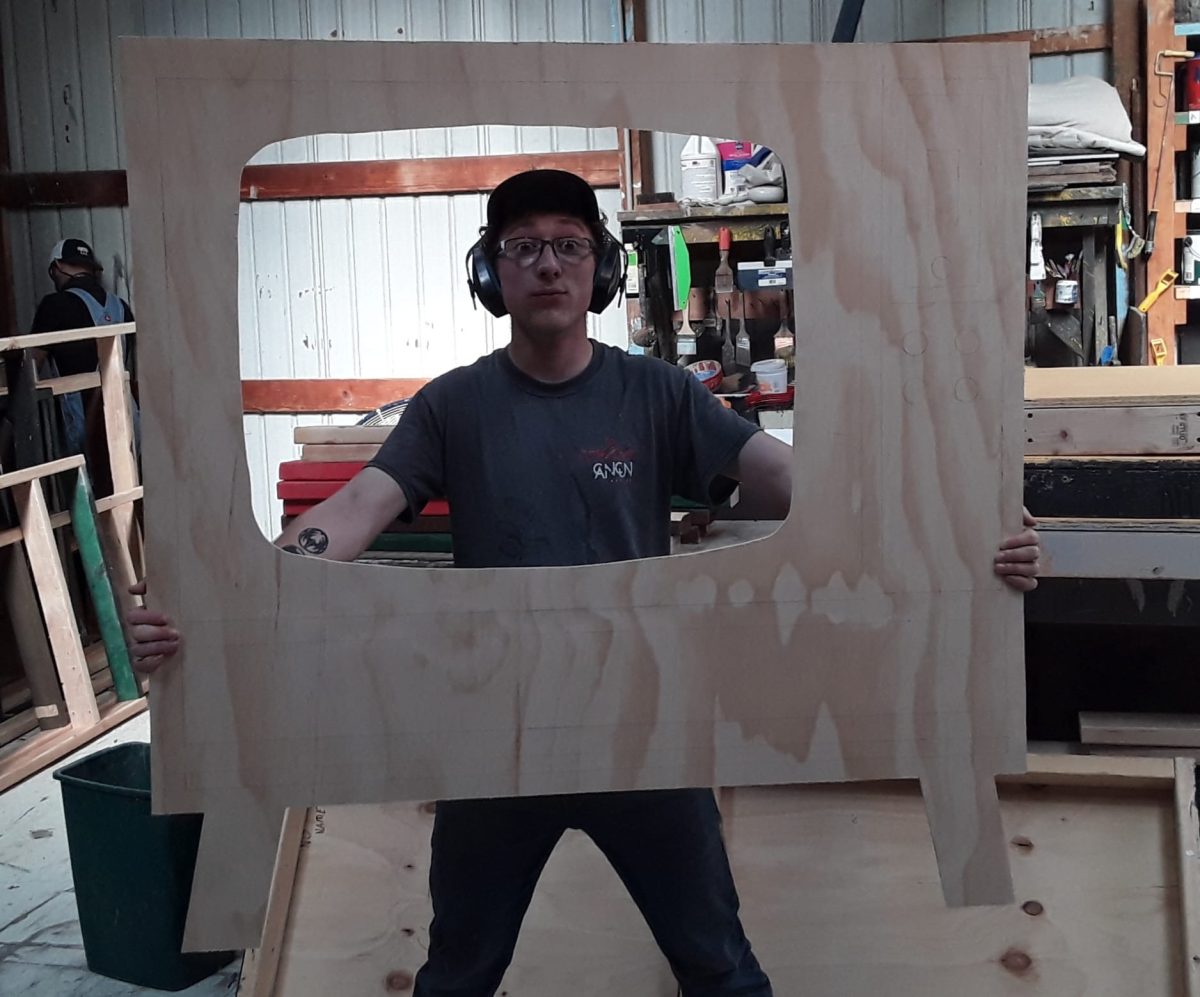Blaring, aggressive, and confrontational are appropriate descriptions of the musical underground seething under the guise of popular hair metal acts, pop hits with commercial potential, and the fizzling out of cock-rock from the ’70s.
What would set the stage for the meteoric mainstream rise of hardcore and noise-rock in 1991 (the year that Thurston Moore of Sonic Youth claimed was the “year that punk broke”), were bands and artists working to construct sounds actively counter to what would garner collective appeal from the masses. Blaring, aggressive, and confrontational are more than appropriate descriptors of Steve Albini who was at the forefront of the first wave of harsh, noise-rock burgeoning out of Chicago in the early 80s.
Albini started his first band, Big Black, in 1981 as a solo act outside of Chicago in Evanston, consisting of him playing harsh guitar over a cheap Roland drum machine. Straight from the inception of the band, Big Black championed a “do it yourself” attitude towards music-making which didn’t require the financial leaning on bigger record labels that Albini claimed “would inhibit creativity.”Big Black debuted their first album in 1982 with the release of “Lungs.” The record was a minimal collection of six songs, each with a post-punk and industrial sound permeating its style. In 2021, Albini reflected on his musical output saying: “I don’t have a favorite album, per say; however, my least favorite would have to be the Lungs EP. I had remastered the Big Black catalog a few years ago for re-releases of the old albums and Lungs was the only record I found to be amateurish.”
Where Albini and many fans would agree Big Black started to take form into the influential band that is reflected upon today would be with the inclusion of Naked Raygun members, Jeff Pezzati and Santiago Durango who would perform guitar and bass alongside Albini while maintaining the Roland Drum Machine which became a staple of the band. This lineup would go on to record three more EPs and their two genre defining LPs: “Atomizer” from 1986 and “Songs About Fucking” from 1987. After their second album, “Songs About Fucking” (which Albini meant as an allusion to the original meaning of what “rock ‘n’ roll” was in reference to), the band split up due to Durango pursuing a medical education which would interfere with the bands touring.
Albini had emerged as an artist at the same time that equally influential noise artists were in the Chicagoland area such as Killdozer, Scratch Acid, The Butthole Surfers, and Naked Raygun. There seemed to be a mantra with the vast majority of these noise-rock and hardcore-punk bands where they found economical ways to stay afloat in the business of art and performing and found it necessary to know how to stretch a dollar. Albini was an avid participant in the philosophy of eliminating luxury and vanity as a means of making a living in a rock band. Reflecting on his career and accomplishments in the world of music in an interview by Daniel Sarkissian in 2021, Albini said: “We never paid for lawyers or hotels. We were the ones who worried about driving from gig to gig, so to worry about spending money on anything aside from food and gas is pure vanity.”
In the late ’80s into the late ’90s, Albini had established himself as a worldly renowned sound engineer and music producer, working on albums with artists ranging from PJ Harvey, Slint, Pixies, The Jesus Lizard, and Nirvana. His production on the Nirvana album “In Utero” in particular gave him praise from the mainstream.
Additionally, in the early ’90s, Albini started what would be his final band: Shellac. Formed with founding members Todd Trainer and Bob Weston, this band would mark the beginning of Albini playing with a real drummer.
Albini continued to release albums with Shellac until their final release in 2024, “To All Trains.” Albini passed away from a heart attack at 61 on May 7, 2024. The sad coincidence is that he passed away ten days before the release of Shellac’s final album.
The final song on “To All Trains”, simultaneously being the final song in Albini’s discography, is “I Don’t Fear Hell” and it consists of Albini ranting in rhyme: “if there’s a heaven, I hope they’re having fun cause if there’s a hell, I’m gonna know everyone.” A haunting exit to an immeasurably influential career.
Albini’s music and footprint on musical history can’t be praised enough for its blaring, aggressive, and confrontational assault on your eardrums that scars your







